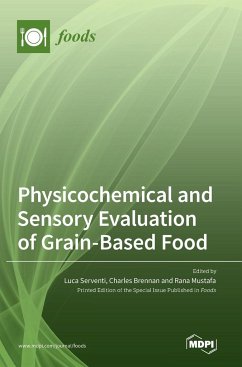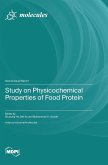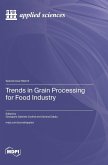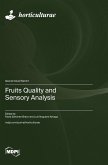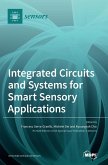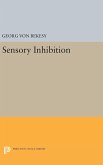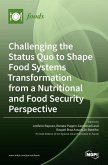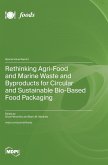Consumers are increasingly demanding more sources of plant-based nutrition, and the food industry is responding by developing novel foods with grain-based ingredients. These products include dairy, egg and meat alternatives. Notably, in order for the production of these foods to be viable, the sustainability of the supply chain must improve and the product price must be lowered. Therefore, upcycling of grains by-products has been considered. However, the functionality and acceptability of functional foods made with upcycled ingredients from legumes and grains must be tested to ensure consumer compliance. This Special Issue of Foods aims to present the latest research on the physicochemical and sensory evaluation of plant-based alternatives to dairy, eggs and meat made with grains. Product categories include beverages, fermented beverages, dressings, bakery items and plant-based meats. Ingredients considered include, but are not limited to, protein concentrates and isolates, fibres, starches and enzymes. Particular emphasis will be given to potential applications of upcycled ingredients such as legume water (Aquafaba, Liluva), by-products of the starch industry (protein, fibre) and protein isolation (starches). Physicochemical evaluation encompasses determination of the functionality of ingredients (foaming, emulsifying and thickening), texture analysis, rheology (viscosity, pasting properties), thermal properties (thermogravimetric analysis and differential scanning calorimetry), water mobility (nuclear magnetic resonance) and image analysis. Sensory evaluation includes both trained panels and consumer preference.
Hinweis: Dieser Artikel kann nur an eine deutsche Lieferadresse ausgeliefert werden.
Hinweis: Dieser Artikel kann nur an eine deutsche Lieferadresse ausgeliefert werden.

